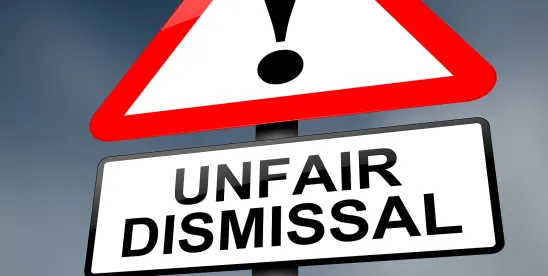Politics
ECJ Ruling Invalidates Mass Dismissals Due to Notification Errors

On October 30, 2025, the European Court of Justice (ECJ) delivered significant rulings regarding mass dismissals, known as “collective redundancies,” under European Union law. The court determined that technical errors or failures to meet notification requirements invalidate these dismissals. This decision underscores the strict obligations placed on employers, even during insolvency, to follow proper notification and consultation processes before implementing mass layoffs.
Clarifying Legal Obligations for Employers
The ECJ’s decisions stem from two cases in Germany that tested the application of EU Directive 98/59/EC, which governs collective redundancies. In both instances, the court found that inadequate or incomplete notifications to the relevant public authorities rendered the dismissals invalid. Specifically, the ECJ ruled that employers must adhere to mass dismissal notification and consultation requirements before proceeding with any layoffs and cannot later rectify any noncompliance.
According to Directive 98/59/EC, employers must notify the competent public authority of any planned mass dismissals at least thirty days prior to the layoffs taking effect. This “standstill” period allows for potential solutions to be explored, aiming to reduce the impact on affected employees.
In the first case, known as C-134/24 Tomann, the employer did not notify the relevant employment agency before dismissing employees. The second case, C-402/24 Sewel, involved an insolvency administrator who submitted a mass dismissal notification that lacked essential details, such as final statements from the works council and information on the consultation stage, as mandated by German law.
Implications for Employers Across the EU
The implications of these rulings are far-reaching for employers across the European Union. The ECJ’s decisions reinforce the necessity for compliance with both national laws and the EU Directive 98/59/EC when planning mass layoffs. Importantly, the court clarified that any failure to comply with these notification and consultation requirements leads to the automatic invalidity of dismissals, eliminating the possibility of retrospective correction.
The rulings impact all EU member states, as each country has incorporated Directive 98/59/EC into its local legislation. This includes specific thresholds for when mass dismissal notifications must be filed and detailed procedures for compliance.
While neither German law nor the EU Directive imposes penalties for noncompliance in notification, these recent rulings elevate the importance of meticulous adherence to legal requirements in the context of collective redundancies. Employers must ensure that they are fully informed of and compliant with these obligations to avoid jeopardizing their dismissal processes.
As businesses navigate the complexities of workforce reductions, the ECJ’s rulings serve as a critical reminder of the legal landscape surrounding mass dismissals in the European Union.
-

 Science3 weeks ago
Science3 weeks agoIROS 2025 to Showcase Cutting-Edge Robotics Innovations in China
-

 Lifestyle3 weeks ago
Lifestyle3 weeks agoStone Island’s Logo Worn by Extremists Sparks Brand Dilemma
-

 World3 weeks ago
World3 weeks agoBravo Company Veterans Honored with Bronze Medals After 56 Years
-

 Politics3 weeks ago
Politics3 weeks agoJudge Considers Dismissal of Chelsea Housing Case Citing AI Flaws
-

 Health3 weeks ago
Health3 weeks agoStartup Liberate Bio Secures $31 Million for Next-Gen Therapies
-

 Health3 weeks ago
Health3 weeks agoTop Hyaluronic Acid Serums for Radiant Skin in 2025
-

 Top Stories3 weeks ago
Top Stories3 weeks agoIndonesia Suspends 27,000 Bank Accounts in Online Gambling Crackdown
-

 Sports3 weeks ago
Sports3 weeks agoMel Kiper Jr. Reveals Top 25 Prospects for 2026 NFL Draft
-

 Lifestyle3 weeks ago
Lifestyle3 weeks agoMary Morgan Jackson Crowned Little Miss National Peanut Festival 2025
-

 World3 weeks ago
World3 weeks agoHoneywell Predicts Record Demand for Business Jets Over Next Decade
-

 Sports3 weeks ago
Sports3 weeks agoYamamoto’s Mastery Leads Dodgers to 5-1 Victory in NLCS Game 2
-

 Politics3 weeks ago
Politics3 weeks agoNew Jersey Voters Urged to Register Ahead of November Election









